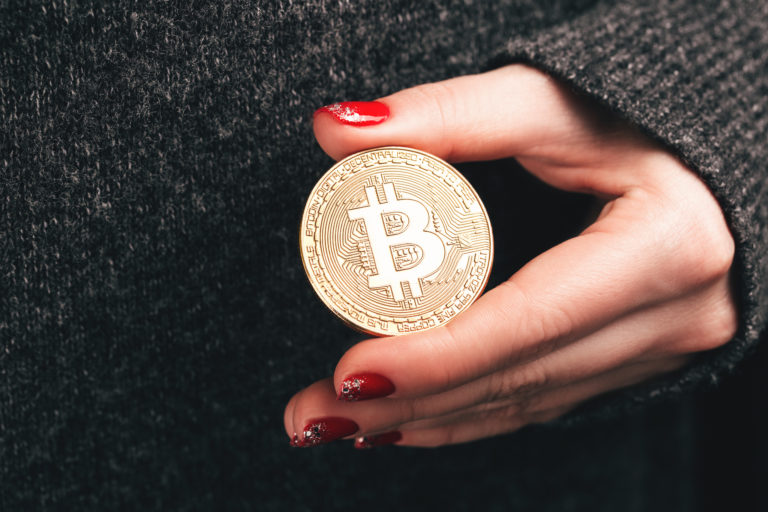There was quite a row going on Twitter all last week.
In case you missed it, it started with Nouriel Roubini’s comments on crypto during a US senate hearing. If you are not familiar with Roubini, he is an economist who became known for predicting the 2008 downturn.
In his testimony, he called cryptocurrencies ‘the mother of all scams and (now busted) bubbles.’
And, he had a lot to say. As he continued
‘Bitcoin rapidly exploded in 2017 from $1k to 10K and then peaked almost at $20K in December 2017 only to collapse to below $6k (down 70% from that peak) in a matter of four months and it has been close to $6k since then. And a 70% capital loss was a “good” deal compared to thousands of alt-coins (otherwise better known as shitcoins) that have lost on average 95% of their value since the peak. Actually calling this useless vaporware garbage a “shitcoin” is a grave insult to manure that is a most useful, precious and productive good as a fertilizer in agriculture.’
He then followed up his crusade through articles in the media and with tweets.
His arguments are nothing new.
That cryptos are not money but scams. That they are a bubble that has gone bust.
That blockchain, the technology behind bitcoin is overhyped and nothing more than ‘a glorified spreadsheet.’ That is has become synonymous for a ‘libertarian ideology that treats all governments, central banks, traditional financial institutions, and real-world currencies as evil concentrations of power that must be destroyed.’
And, that ‘there is no institution under the sun – bank, corporation, non-governmental organisation or government agency – that would put its balance sheet or register of transactions, trades and interactions with clients and suppliers on public decentralised peer-to-peer permissionless ledgers.’
If you are not familiar with blockchain, it is a way to transmit value over the internet. It cuts out intermediaries which means less paperwork and fees.
Obviously, his comments have caused quite a stir in the crypto community. Needless to say, there was a lot of cursing and accounts blocked on Twitter.
The thing is, back in 2014, Roubini also attacked bitcoin.
|
Source: CNBC |
Back then, bitcoin was trading at about US$630. It is now trading at almost US$6,400. So, if you had listened to him back then, you would have missed out on some hefty gains.
There is no doubt that cryptos are dividing the financial community. But, while the debate goes on, money is slowly making its way into the space. [openx slug=inpost]
More money pumped into crypto projects
Recently, Intercontinental Exchange [NYSE:ICE], an operator of global exchanges and owner of the New York Stock Exchange, announced it was launching Bakkt, a global platform for digital currencies.
As they wrote on their press release:
‘The new company is working with a marquee group of organizations including BCG, Microsoft, Starbucks, and others, to create an integrated platform that enables consumers and institutions to buy, sell, store and spend digital assets on a seamless global network.
‘The Bakkt ecosystem is expected to include federally regulated markets and warehousing along with merchant and consumer applications. Its first use cases will be for trading and conversion of Bitcoin versus fiat currencies, as Bitcoin is today the most liquid digital currency. The effort is designed to address evolving needs in the estimated $270 billion digital asset marketplace.
‘Applications for digital currencies continue to develop alongside regulatory frameworks and rising investment in blockchain technology which, halfway through 2018, has already exceeded all of 2017, according to KPMG. By leveraging trusted market infrastructure, Bakkt is being engineered to help the digital asset markets evolve securely and efficiently while supporting transaction flows.’
And more recently Fidelity — the fourth asset manager with US$7.2 trillion in assets under administration — said it is launching a new crypto unit.
From CNBC:
‘Financial services giant Fidelity is taking a huge step into cryptocurrency.
‘The 72-year-old firm announced the launch of a separate company, Fidelity Digital Asset Services, on Monday that will handle cryptocurrency custody and trade execution for institutional investors.
‘“Our goal is to make digitally native assets, such as bitcoin, more accessible to investors,” Fidelity Investments Chairman and CEO Abigail Johnson said in a press release. “We expect to continue investing and experimenting, over the long-term, with ways to make this emerging asset class easier for our clients to understand and use.”’
The company has just bagged Galaxy Digital as its first client. Galaxy is a multi-service merchant bank for digital assets and blockchain industry listed in Canada’s TSX Venture Exchange and the Frankfurt Stock Exchange.
So, just be aware that while there is a lot of public dissing of cryptos, there is also a lot of money flowing onto the space.
Best,
Selva Freigedo
